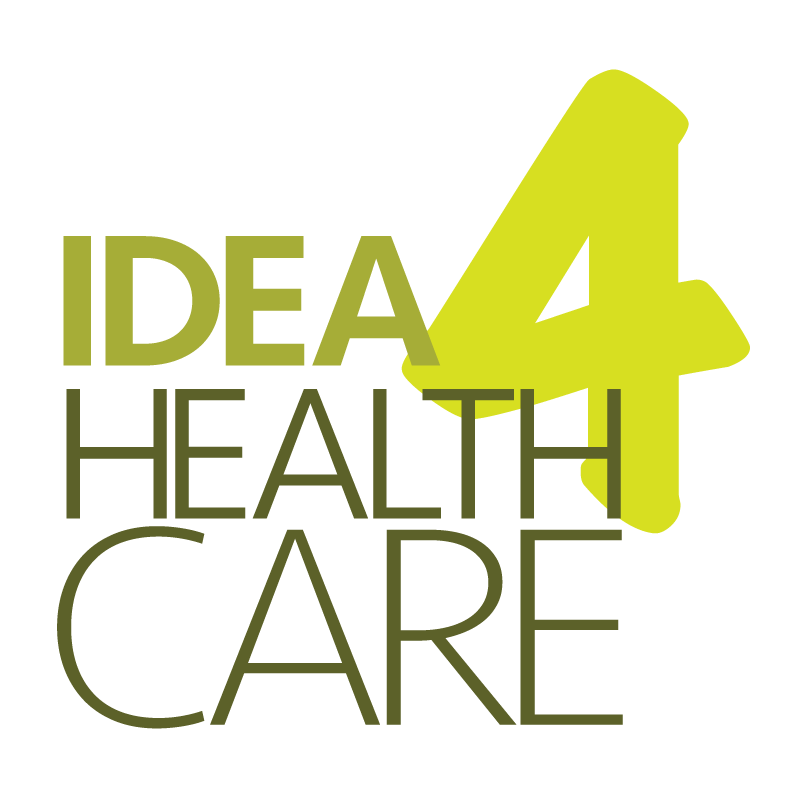Technological innovation proved to be powerful to transform our personal routines and even the way that we establish relationships. In the same way, the potential of new technologies to improve healthcare is undeniable, if they are well implemented with proven benefits to patient care.
It is also true that the implementation success of new technologies in healthcare depends to a great extent on the role of facilitators, operational managers, who are responsible for the introduction of innovation in the regular process of patient care.
In a brief web search, it´s easy to get thousands of articles detailing new technology applications in many sectors of society and in healthcare as well.
Focusing on health sector as a whole, in some areas such as Image Diagnostics, for example, new technologies are already fully implemented while in some other areas of the Clinic such technologies are not yet so visible.
As the new technologies are already present in the healthcare arena, in this post, I would like to invite you to reflect about some implementation criteria that, in my opinion, should guide all the processes related to the introduction of innovation in healthcare.
The focus is precisely in the implementation challenge that is faced by operational managers, most healthcare professionals, who need to keep in perspective both the benefits that technological innovations can bring to the service as well as the preservation and improvement of patient care.
“The technology of cost containment confronts the professional culture of patient care. Good managers balance these perspectives in ways that cope with the conflicting purposes and competing and sometimes inconsistent desires.” Theodore Marmor
As mentioned by Professor Theodore Marmor, good managers find a balance between conflicting perspectives and for the reflection of this post I propose two criteria that can support operational managers in the search for this balance:
- The patient should always be at the center of the innovation introduction
There are numerous healthcare activities that were positively impacted by innovation. In Laboratory Diagnostics there are examples of artificial intelligence applications that have enabled the release of results in less time with greater precision and less probability of errors offering an enormous gain in benefit to the patient.
It is also true that there are processes in healthcare where the implementation of new technologies despite reducing costs can jeopardize patient care.
In situations where the quality of patient care is at risk, operational managers need to be brave to advocate in favor of the patient, after all, the reason for all the processes performed in healthcare is ultimately for the care of the patient.
Pressure for innovation and efficiency in healthcare can eventually take the patient off the center of the negotiations, but it is important to bring him back every time.
- Different people require different educational tools
The great challenge of implementing new technologies is ultimately an educational challenge because the success of innovation introduction in healthcare depends on the good execution of the new processes that happen as a result of learning efforts.
Operational managers again are the key elements to successful experiences, as they know the individual training needs for their employees.
In the Healthcare sector, there are people with different backgrounds, experiences, and generations, so effective educational tools for some people do not necessarily apply to others.
Good operational managers are the ones searching and providing appropriated educational tools for each one in their teams, they need to manage the fear of change and cultivate a culture of engagement, information exchange, and continuing education.
A culture of engagement open space for collaboration and resonates with the concept of Communityship. When patients or associates are empowered with educational initiatives that spread knowledge, there is an immediate gain in autonomy for both of them. Autonomy and knowledge bring a sense of accountability for the collective success of the operation.
We are all members of the Healthcare system, even healthcare providers, sometimes are also patients of the system.
Dear Reader, do you envision other criteria to guide Innovation Introduction in healthcare? Share your thoughts
Post illustration – photo credit – Digitalnative on VisualHunt.com
